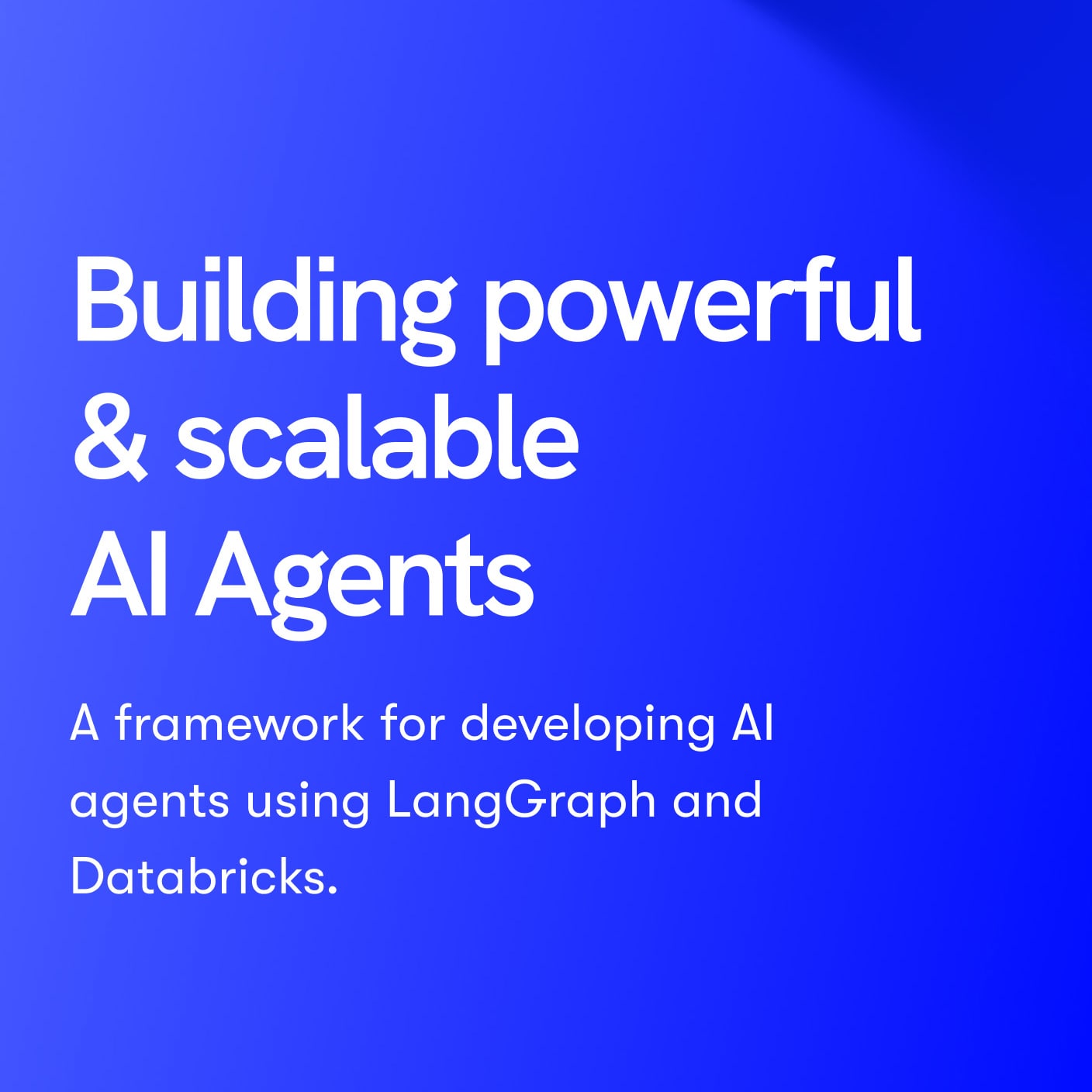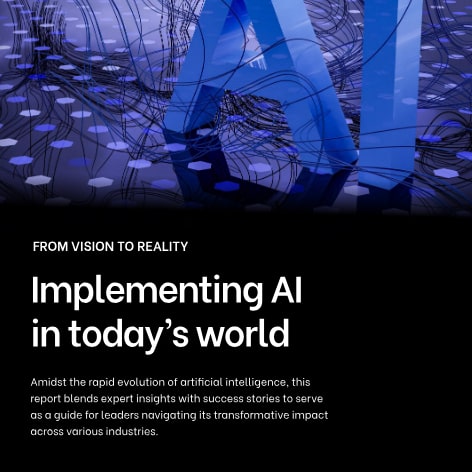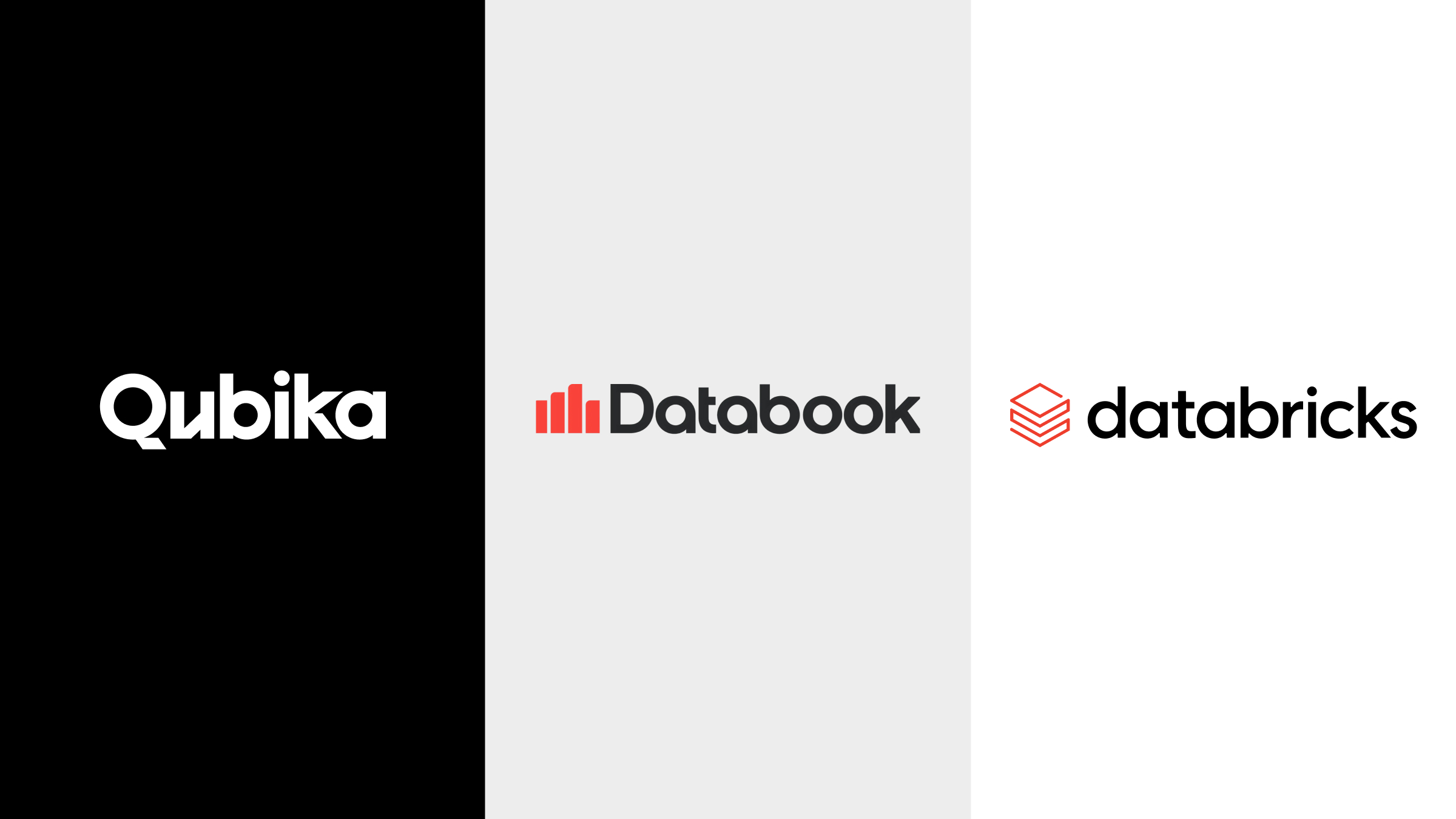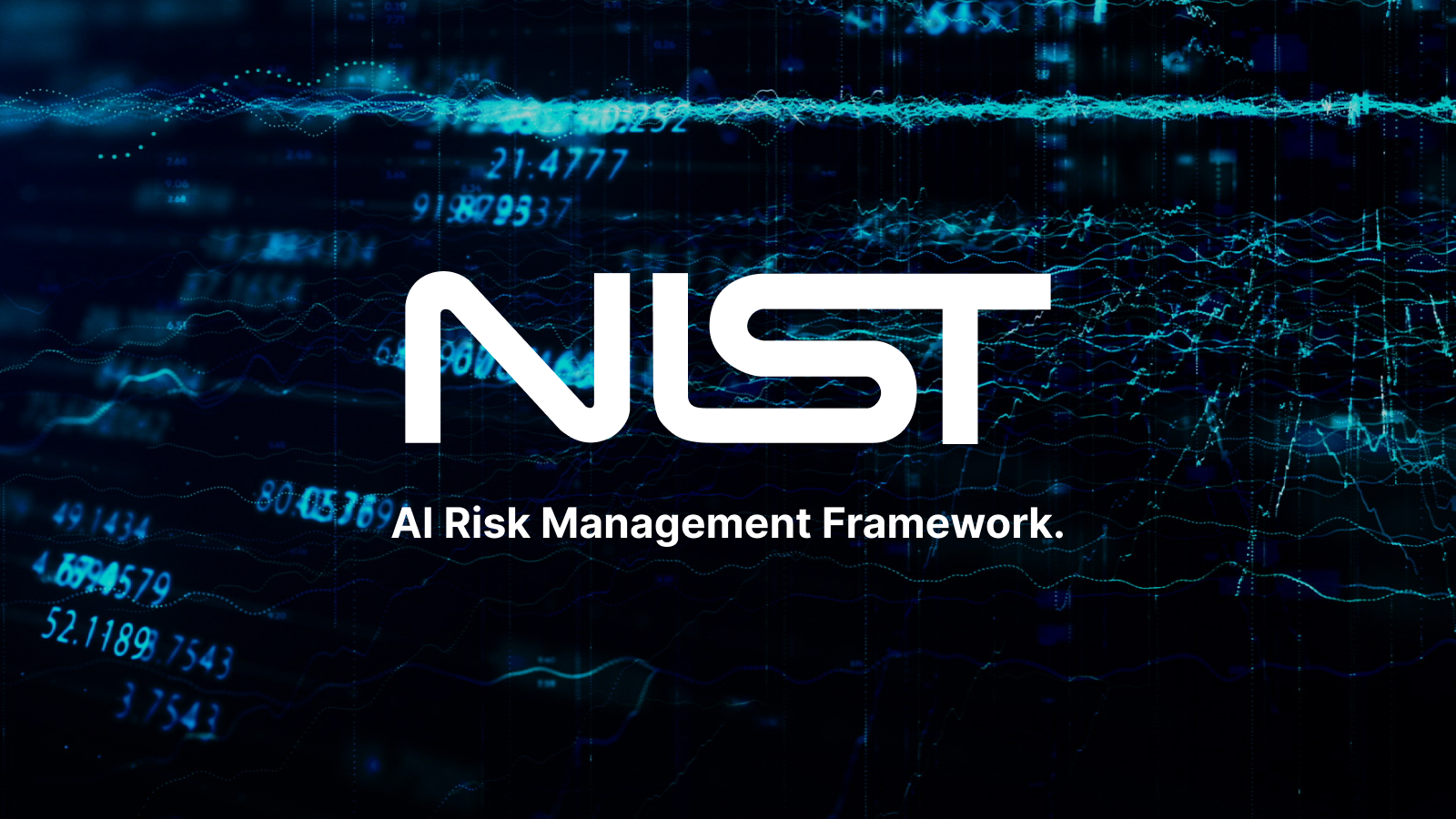In the modern digital landscape, the speed and quality of development are paramount – in particular with the need to build powerful AI solutions.
To keep pace with market demands, the role of AI in quality assurance has become ever more important – indeed to the point where today it is essential. Indeed, software testing was one of the first areas in the software development lifecycle to use AI extensively – which was a natural progression from the use of automation.AI in software testing represents a transformative shift that has redefined how we ensure quality, reliability, and also some of the core metrics and expectations around quality assurance (QA). By leveraging AI, industry-leading companies are building smarter, more efficient, and more robust QA practices.
How AI is revolutionizing quality assurance
The application of AI in software testing is a natural progression from the use of automation, especially with the industry’s shift towards continuous testing, DevOps, and CI/CD. The goal today is to make testing smarter and more effective. Here’s a look at some of the key ways AI in software testing is making a difference:
- Intelligent test automation: Traditional test automation can be rigid and difficult to maintain. A core benefit of AI in software testing is the creation of AI-enhanced automation services. These services build scalable and maintainable test suites that can automatically adjust to code changes, significantly speeding up development cycles. Furthermore, AI is now able to plan and create test cases, providing guidance to testers to know exactly what they should be focusing their automation efforts on.
- Smarter defect prediction: One of the most powerful aspects of AI in software testing is its ability to predict potential defects. AI algorithms can analyze vast amounts of data from past projects, code changes, and user feedback to identify high-risk areas of an application. This allows QA teams to prioritize their testing efforts where they are most needed, ensuring that the most critical features are thoroughly validated.
- AI-augmented performance and load testing: Identifying performance bottlenecks can be a complex and time-consuming task. The use of AI in software testing for performance and load testing allows for more sophisticated and efficient analysis. AI-driven simulations can accurately mimic user behavior and load conditions, helping teams to proactively find and fix issues before they impact the end-user experience.
The use of AI-driven testing to review and ensure the performance of AI models and systems: This is a crucial new layer to QA that has emerged in conjunction with the use of enterprise AI systems. It’s essential to test that your AI is not only accurate, but also robust in terms of performance, security, and compliance.
The evolving role of QA professionals
By delegating numerous tasks to advanced AI tools, QA professionals are freed from the mundane. This shift allows them to concentrate on elements that AI cannot yet replicate, such as comprehending the end user’s human perspective and testing the software through that unique lens. By integrating both AI and human approaches, we can achieve enhanced test coverage and produce higher quality products. This blend of intelligence and human insight is a cornerstone of a modern QA strategy.
Qubika’s vision for AI in software testing
Qubika’s Quality Assurance Studio is a leader in applying AI in software testing to deliver exceptional results. We do this as part of our broader AccelerateAI framework of best practices, workflows, and AI methodologies. This approach is comprehensive, blending proven engineering practices with AI-augmented methodologies to enhance testing speed, accuracy, and coverage.
The results that we’ve seen applying AI in software testing with our clients have been very significant:
- 35% faster documentation with AI tools
- 30% faster test creation with AI-powered code assistance
- 35% reduced maintenance efforts with self-healing automation
- 90% reduction in documentation efforts via auto-generated test documentation.
Conclusion: AI in software testing is changing the QA landscape
The integration of AI in software testing is fundamentally changing the QA landscape. It empowers teams to move from reactive defect finding to proactive quality assurance. As software becomes more complex and development cycles shorten, the strategic use of AI will be the key differentiator for companies that want to maintain a competitive edge. By embracing AI in software testing, organizations can ensure they are not just keeping up, but leading the charge in delivering superior, high-quality software and digital solutions.


























